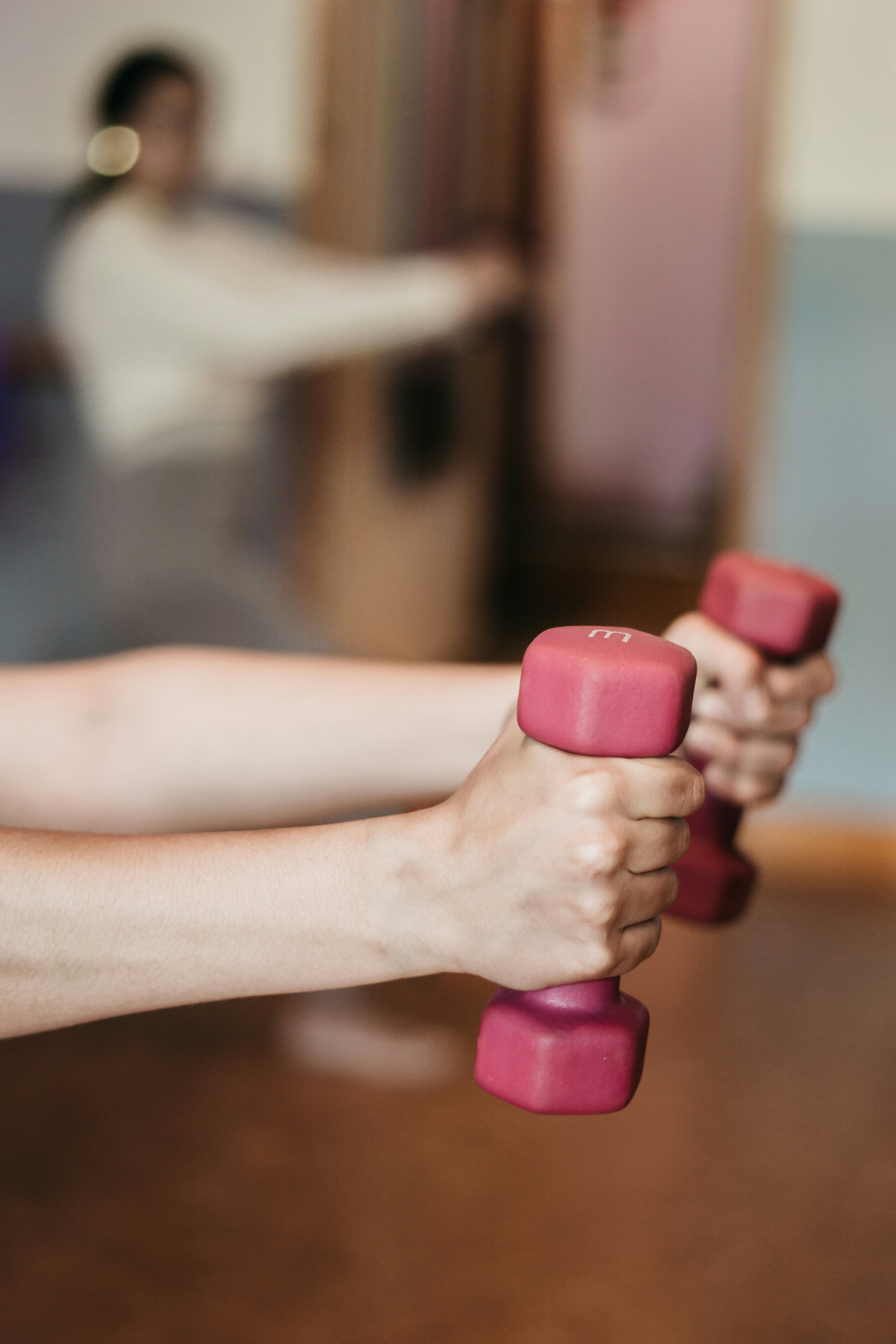 Photo by Viktor Bystrov on Unsplash
Photo by Viktor Bystrov on Unsplash The Road to Recovery
Getting injured can be a setback, but it doesn’t mean you have to give up on your passion for cycling. With the right mindset and a proper recovery plan, you can get back on the saddle and enjoy the thrill of cycling once again.
First and foremost, it’s important to listen to your body. Rushing back into cycling too soon can worsen your injury and prolong your recovery time. Take the time to rest, allow your body to heal, and follow the advice of your healthcare professional.
Physical Therapy and Rehabilitation
Working with a skilled physical therapist can make a world of difference in your recovery journey. They will assess your injury, develop a personalized treatment plan, and guide you through exercises that will help improve your strength, flexibility, and range of motion.
While it may be tempting to skip the exercises or push yourself too hard, it’s important to follow your physical therapist’s instructions. These exercises are designed to help you regain your strength and prevent future injuries.
Adapting to New Challenges
Depending on the nature of your injury, you may need to make some modifications to your cycling routine. This could include using a bike with a more upright riding position, adjusting your bike’s saddle height, or wearing specialized gear to provide extra support.
Don’t be discouraged by these changes. Instead, see them as an opportunity to explore new aspects of cycling. You may discover a newfound appreciation for different terrains or styles of cycling that you hadn’t considered before.
Support from the Cycling Community
Remember, you’re not alone on this journey. The cycling community is known for its camaraderie and support. Reach out to fellow cyclists, join local cycling groups, or participate in virtual rides to stay connected and motivated.
Mental Resilience
In addition to physical challenges, recovering from an injury can also take a toll on your mental well-being. It’s natural to feel frustrated or anxious about your progress, but cultivating a positive mindset is crucial.
Use this time as an opportunity to focus on other aspects of your life that bring you joy and fulfillment. Explore hobbies, spend quality time with loved ones, or learn something new. Remember, cycling is just one part of your life, and there are countless other experiences waiting for you.
Setting New Goals
As you progress in your recovery, it’s important to set realistic goals for yourself. Start small and gradually build up your mileage and intensity. Celebrate each milestone along the way, whether it’s completing a short ride or conquering a challenging hill.
Setting new goals will not only keep you motivated but also give you a sense of accomplishment as you overcome each obstacle in your path.
RELATED POSTS
View all


